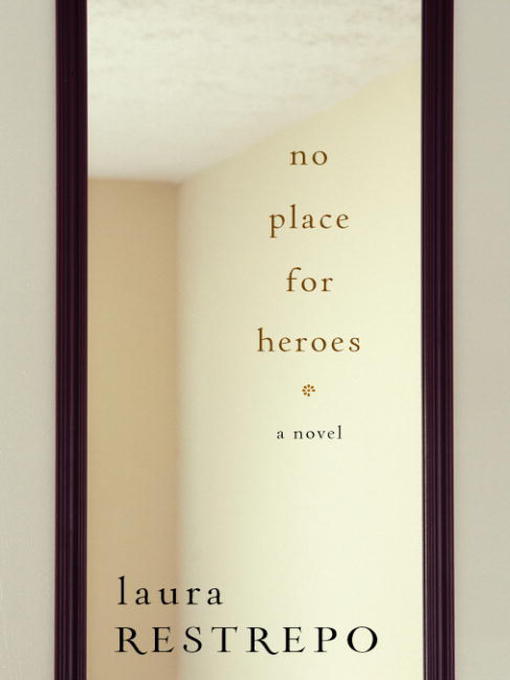- New eBook additions
- Available now
- New kids additions
- New teen additions
- Most popular
- Try something different
- See all ebooks collections
- New audiobook additions
- Available now
- New kids additions
- New teen additions
- Most popular
- Try something different
- Full Cast Audiobooks
- See all audiobooks collections


